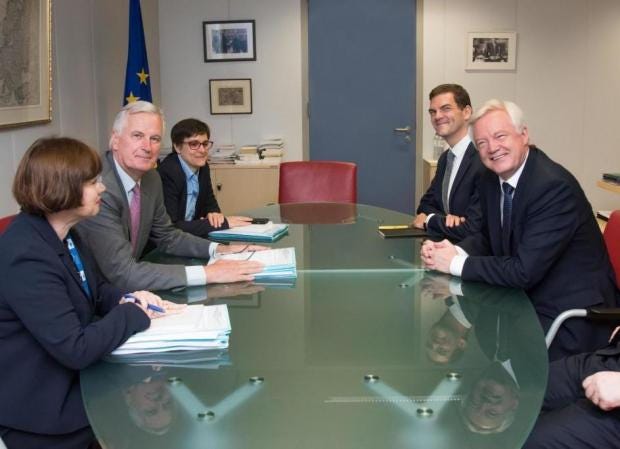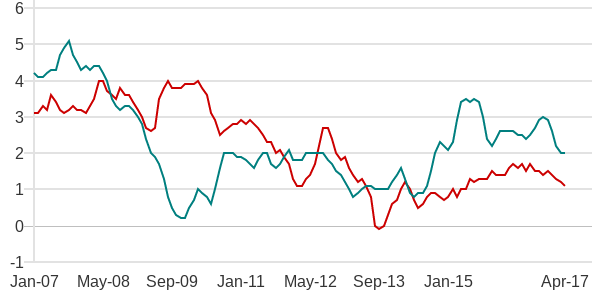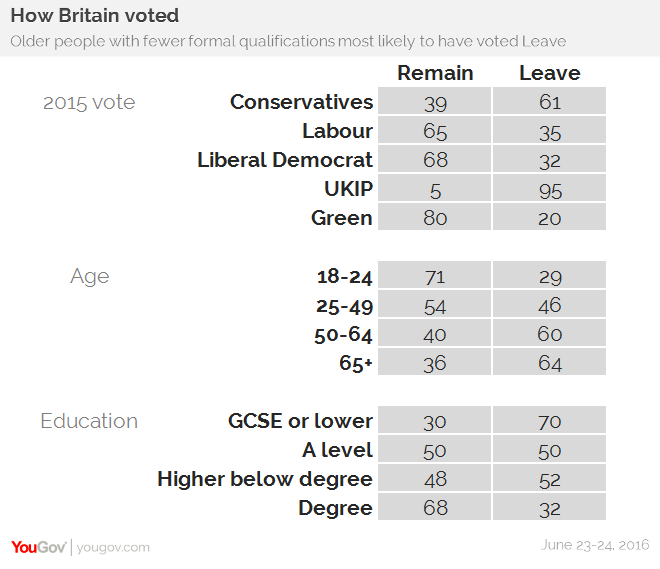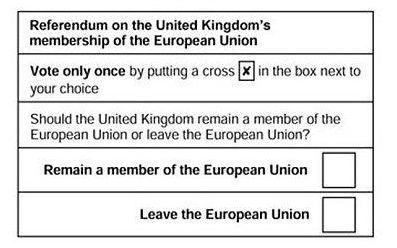In the week where President Trump lost yet ANOTHER White House staff member, the UK Conservative government announced plans to invest more money in mental health.
Health Secretary Jeremy Hunt has promised thousands more mental health workers are to be recruited by the NHS in England, with the aim of treating an extra 1m patients by 2020-21. Announcing the government’s £1.3bn expansion plan, Hunt said it is time to end the “historical imbalance” between mental and physical health services.
Under David Cameron’s leadership, billions of pounds of extra investment into mental health was promised, with a similar plan and target of recruitment and care provisions by 2021 so Hunt’s recent promise will be taken with some apprehension….
The recent plans set out by the Health Secretary mainly focus on child and adolescent mental health services, therapists delivering talking therapies for adults and nurses working in crisis care. The plans also include improving staff training, encouraging those who have left the profession to return, and addressing a high dropout rate among trainees.
The plans include:
- 2,000 more nurses, consultants and therapist posts in child and adolescent mental health services
- 2,900 additional therapists and health professionals supporting adult talking therapies
- 4,800 additional posts for nurses and therapists working in crisis care settings
- More mental health support for women around the time they give birth and early intervention teams working with people at risk of psychosis
In response to the above plans, the Royal College of Nursing (RCN) has said the plans fail to “add up”, stating more money will be required in order to train staff on time.
Despite the government’s optimism, recent data shows many thousands of nursing posts currently remain unfilled and Labour’s shadow minister for mental health, Barbara Keeley, has said more than just money is necessary to overcome recruitment issues, accusing the government of offering “little hope to those working in the sector faced with mounting workloads, low pay and poor morale”.
Some might say it is a good thing that the government are committing to investing in mental health services, especially with the long waiting lists for therapists and the shortage of nurses in the profession, so why the criticism? You only have to look at the governments failures on mental health to understand why…
- Under the Conservative government, budgets for mental health trusts in England fell by ‘more than 8 percent’ in real terms
- The number of nurses working in mental health fell by 10% since 2010 from 41,320 in 2010 to 36,870 in 2015
- ‘Inadequate’ mental health services have ‘made it harder for abused children to receive correct help’. Children are therefore forced to deal with the “corrosive consequences” of abuse alone
- A report by the Kings Trust in 2015 claimed that only 14% of patients said they had received appropriate care in a moment of crisis
- The same report by the Kings Trust added that the drive in the need to reduce costs has resulted in trusts merging mental health services, embarking on “large-scale transformation programmes aimed at shifting demand away from acute services towards recovery-based and self-management”
With such a poor record on mental health investment, it begs us to question whether the Conservative government are doing enough or whether they even know the type of investment that is required in order to tackle the lack of mental health provisions, and more broadly, the care crisis within our NHS.
As the Conservatives attempt to invest in mental health, it also appears they may be trying to re-invest in themselves as they reflect on their failures during the 2017 General Election campaign…
Theresa May’s former adviser, Nick Timothy told the Daily Telegraph that the Conservative Party’s election campaign should have focused on ‘change not continuity’ .
He admitted that they had underestimated Labour leader Jeremy Corbyn, and that Downing Street was also guilty of a breakdown in communication with both the public and Whitehall departments.
Timothy was joint Chief of Staff with Fiona Hill and co-wrote the Conservative’s 2017 election manifesto. Looks like he’s admitting his involvement in the party’s demise…good thing he resigned then. But he has since found a new job as a new columnist for the Daily Telegraph. He concluded his interview:
“Overall the lesson of the election for the party and for the government cannot be: ‘Oh well, we tried that and we didn’t win the election we were hoping for so let’s not try it any more’,” he said.
“If the party retreats to a much more orthodox Conservative proposition then I worry that won’t be sufficient to tackle the big problems that the country has and in five years’ time we do risk the election of a dangerous left-wing alternative.”
From the Tories constant failures on NHS funding and mental health investment, it doesn’t look like they know how to tackle the ‘big problems that the country has’ Mr Timothy. Given the latest polling favouring a Labour government, perhaps a left-wing alternative is exactly what’s needed.
Another Brexit update…
The Local Government Association (LGA) which represents 370 councils in England and Wales have requested billions of pounds in extra funding from the Treasury once the UK leaves the EU in order to replace the money lost from the bloc’s regeneration funds. The LGA have called on ministers to guarantee regeneration projects will not be forgotten as a consequence of Brexit. It is estimated around £8.4bn will have been allocated to British councils through the European structural and investment funds in the six years leading up to 2020. The government has proposed a “shared prosperity fund” to replace this arm of financial assistance provided by Brussels when the UK leaves the union. Following Brexit, any new projects of regeneration will have to pass an assessment process overseen by the Treasury to receive funding. The calls from local councils come as Chancellor Phillip Hammond confirmed reports cabinet has agreed to seek a transitional period of three years after leaving the EU, meaning freedom of movement and access to the single market may continue until 2022.
Other things you may have missed…
When in business or in any line of work, we all want to trust the people we work with or employ right? Well politicians aren’t exempt as one in five MPs continue to employ a member of their family using taxpayer’s money despite the practice being banned for new members of Parliament. The rules were introduced in the wake of the expenses scandal in 2010, although many MPs were angered by the change, claiming spouses were best able to handle the unpredictable work patterns, long hours, and need for absolute trust between an MP and their secretary or assistant. Campaigners, including Alexandra Runswick, director of voting reform campaign group Unlock Democracy, has said the ban reflects the public’s concerns of nepotism and the potential abuse of public money, but an end date is necessary to bring the rules into force for old and new MPs alike.
British Gas has announced it will increase electricity prices by 12.5% from 15th September, in a move set to affect 3.1m UK customers particularly the elderly and those on low incomes. Gas prices will remain unchanged, the average annual duel-fuel bill for a household on a standard tariff will rise by £76 to £1,120 – an increase of 7.3%. Centrica, which owns British Gas, has argued the rise is necessary due to higher distribution costs and the costs of government policy, but Downing Street has denied its policies have caused the price rise. To counter adverse effects on “vulnerable customers” the company has pledged to credit more than 200,000 people on lower incomes with £76.
How very noble.
Shadow Energy Minister Alan Whitehead has criticised the government for abandoning its pre-election promise to cap energy costs and stressed the need to stabilise energy prices.
It seems further cuts to the NHS will be made as according to the British Medical Association (BMA), the proposals being discussed could result in longer waiting times, reduced access to services and the closure of some hospitals and facilities. Plans are being made in line with the capped expenditure process, which was introduced this year to limit NHS spending in order to meet budgets. Health service leaders have refused to publish the plans, probably because said plans would be met with great uproar. Despite submitting Freedom of Information requests to NHS Improvement in order to acquire details of the plans, the BMA has so far failed to secure any significant details, leading deputy chairman, Dr David Wrigley, to say, “it is totally unacceptable that proposals of this scale […] are shrouded in such secrecy”.
As providers and receivers of the NHS, surely WE the public have a right to know what the government has planned for our national treasure? Y’know, the same NHS paid for by taxpayers? Historically, the Conservative Party have known to be opponents of the National Health Service and the welfare state – in 1946, the Tories voted against the formation of the NHS 21 times before the act was passed, including both the Second and Third reading. Remember, ideologically, the Conservative party are against a ‘nanny state’, preferring the free market to take control (hence their obsession with privatisation). How then do we expect this current government to protect and fully fund the NHS when they inherently oppose its existence? If the NHS was so important and adhered to their party values, why then would they be selling it off piece by piece?
One thing’s for sure, neither medical professionals nor recipients of NHS services should stay quiet. The National Health Service is at risk and it is up to us to save it.









